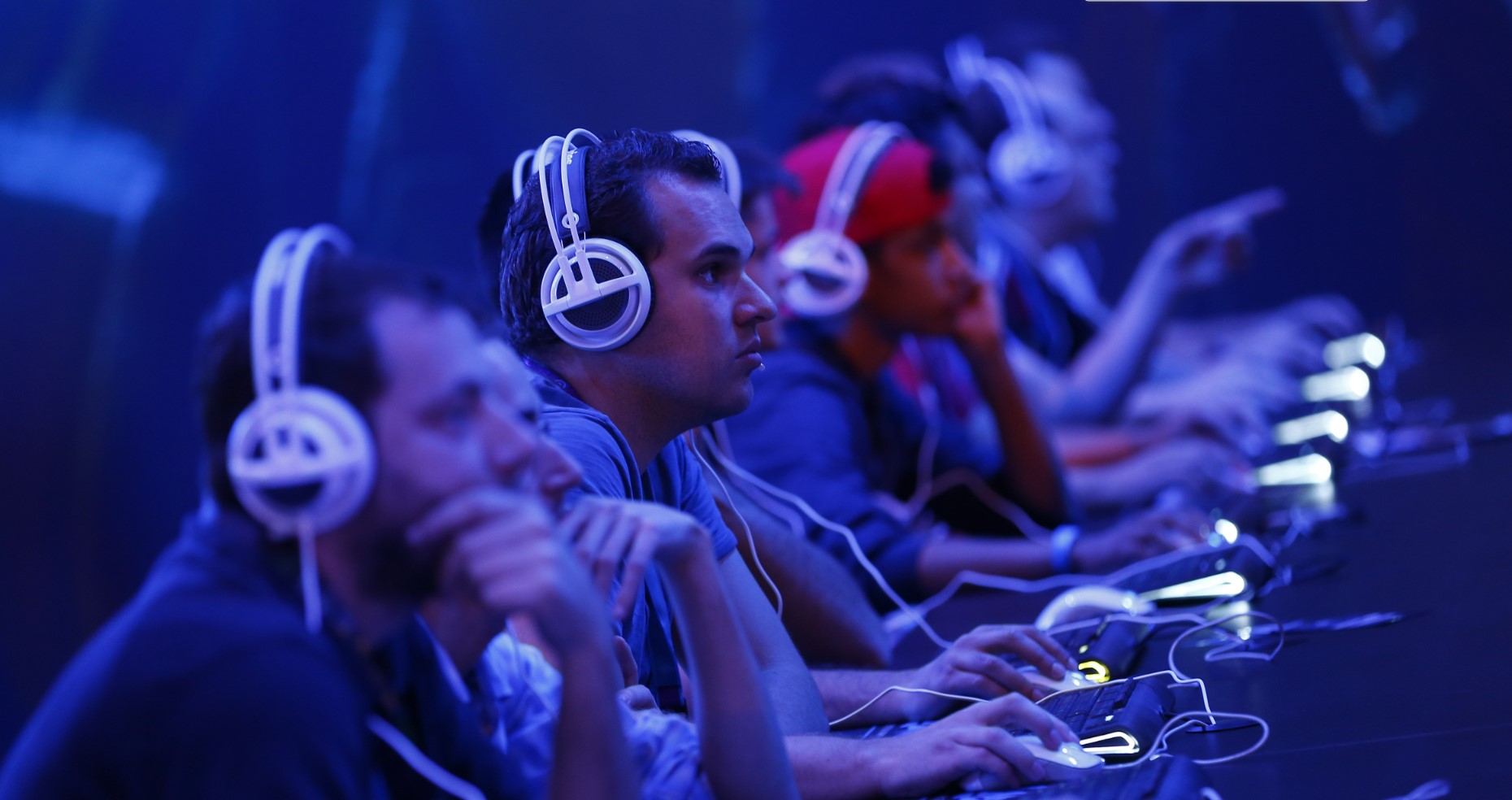Cybersports, often referred to as esports, have seen explosive growth in recent years. As this digital phenomenon continues to captivate audiences worldwide, the need for structured governance becomes increasingly apparent. In this comprehensive guide, we will delve into the global organizations and associations that play pivotal roles in the regulation of cybersports. From ensuring fair play to setting industry standards, these entities contribute significantly to the evolving landscape of competitive gaming.
Which Global Organizations and Associations Are Involved in the Regulation of Cybersports?
The regulation of cybersports, or esports, is a global endeavor that involves a multitude of organizations and associations. These entities play crucial roles in shaping and governing the rapidly growing esports industry. Some of the prominent organizations include the International Esports Federation (IESF), which focuses on promoting fair competition and athlete rights on an international scale. The Electronic Sports League (ESL), while not a regulatory body per se, sets industry standards for event production and is instrumental in organizing major esports tournaments. Additionally, the Esports Integrity Commission (ESIC) is dedicated to upholding integrity by preventing issues like match-fixing and doping in esports.
These organizations work collectively to ensure that esports maintain a high level of professionalism and fairness. They not only provide a framework for competition but also contribute to the industry’s growth and credibility, making esports a global phenomenon with standardized rules and regulations.
Here’s a comparative table of the International Esports Federation (IESF), Electronic Sports League (ESL), Esports Integrity Commission (ESIC), Global Esports Federation (GEF), and Asian Electronic Sports Federation (AESF):
|
Organization |
Focus |
Key Roles and Responsibilities |
Scope |
Initiatives and Impact |
|
IESF (International Esports Federation) |
Promoting and regulating esports internationally |
– Ensuring fair competition – Athlete rights protection – Anti-doping measures |
Global |
– Hosts annual World Championships – Advocates for esports inclusion in multi-sport events (e.g., Asian Indoor and Martial Arts Games) |
|
ESL (Electronic Sports League) |
Organizing and hosting esports tournaments |
– Setting industry standards for event production – Hosting major tournaments |
Global |
– Known for ESL Pro Tour, featuring various esports titles – Provides a platform for both amateur and professional players |
|
ESIC (Esports Integrity Commission) |
Safeguarding the integrity of esports |
– Preventing match-fixing, cheating, and doping – Investigating misconduct |
Global |
– Collaborates with tournament organizers to implement integrity measures – Publishes a Code of Conduct for esports participants |
|
GEF (Global Esports Federation) |
Uniting the global esports community |
– Promoting respect, diversity, and innovation – International cooperation |
Global |
– Holds Global Esports Games, a multi-title esports competition – Focuses on education and social responsibility in esports |
|
AESF (Asian Electronic Sports Federation) |
Promoting and regulating esports in Asia |
– Facilitating regional competitions – Supporting development initiatives |
Primarily Asia, with global ties |
– Organizes the Asian Games esports events – Supports Asian esports development through regional collaboration |
Based on the comparative table provided, it is evident that various global organizations and associations are deeply involved in the regulation and promotion of cybersports (esports) on an international scale. The International Esports Federation (IESF) stands out for its commitment to ensuring fair competition and protecting the rights of athletes across the globe. It also plays a significant role in advocating for esports inclusion in multi-sport events, further legitimizing the industry on the global stage.
Meanwhile, the Electronic Sports League (ESL) is renowned for its role in organizing and hosting major esports tournaments, setting industry standards for event production, and providing a platform that caters to both amateur and professional players. The Esports Integrity Commission (ESIC) is dedicated to safeguarding the integrity of esports, focusing on preventing match-fixing, cheating, and doping. The Global Esports Federation (GEF) and the Asian Electronic Sports Federation (AESF) also contribute by uniting the global esports community, promoting diversity and innovation, and organizing regional competitions, thereby fostering growth and inclusivity in the dynamic world of cybersports.
National Esports Associations
National Esports Associations play a crucial role in the vibrant landscape of competitive gaming within their respective countries. These organizations serve as the backbone of the local esports ecosystems, overseeing a wide range of activities, from grassroots tournaments to the development of emerging talent. Through their efforts, they contribute significantly to the growth and legitimacy of esports on a national level.
National Esports Associations often collaborate with international governing bodies, such as the International Esports Federation (IESF) or regional federations like the Asian Electronic Sports Federation (AESF). Their responsibilities encompass event organization, rule enforcement, talent scouting, and the promotion of esports as a legitimate and respected sport within their countries. By nurturing local talent and fostering a sense of community among gamers, National Esports Associations play a pivotal role in shaping the future of esports both nationally and on the global stage.
FAQs
Q: Are there age restrictions for participating in professional esports? A: Yes, many esports tournaments have age restrictions, often due to legal and contractual reasons. These restrictions vary from game to game and league to league.
Q: How do I become a professional esports player? A: Becoming a professional esports player requires dedication, skill, and perseverance. Start by honing your skills in a specific game, join amateur tournaments, and network within the esports community.
Q: Do esports players have coaches? A: Yes, many professional esports teams employ coaches to help players improve their skills, develop strategies, and maintain their mental and physical well-being.
Q: Are there gender disparities in esports? A: Gender disparities have been a concern in esports, but efforts are being made to promote gender diversity and inclusivity in the industry through initiatives and female-only leagues.
Q: How do esports organizations make money? A: Esports organizations generate revenue through sponsorships, advertising, merchandise sales, tournament winnings, and media rights deals.
Q: Is esports considered a legitimate sport? A: Esports is recognized as a legitimate sport by many countries and sports organizations. It has gained acceptance due to its competitive nature and global popularity.
The world of cybersports regulation is a dynamic and evolving one, with various global organizations and associations contributing to its growth and legitimacy. From ensuring fair play to promoting integrity, these entities shape the esports industry’s future. As esports continue to thrive, the collaboration between these stakeholders becomes increasingly crucial in maintaining the industry’s positive trajectory.

